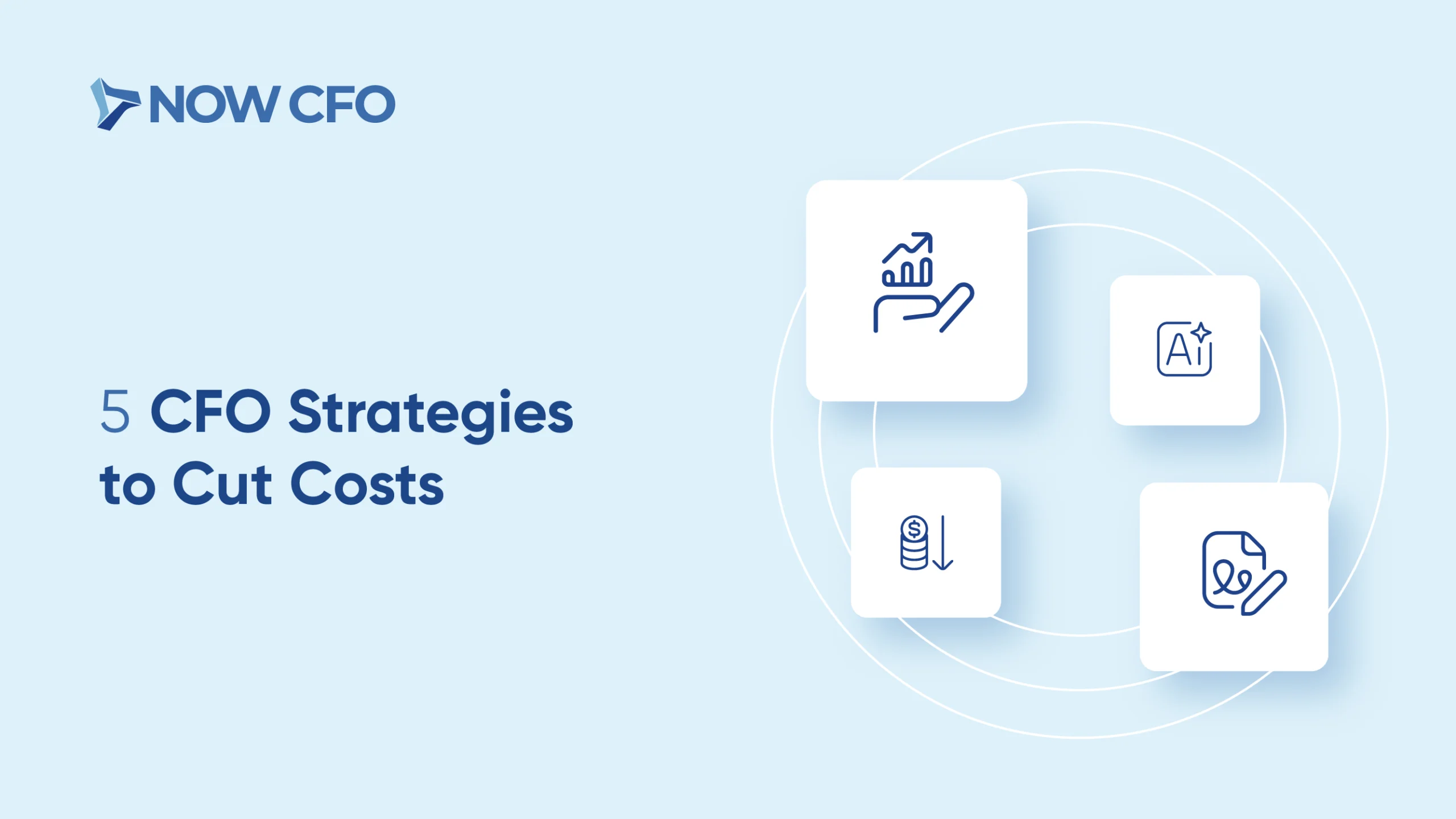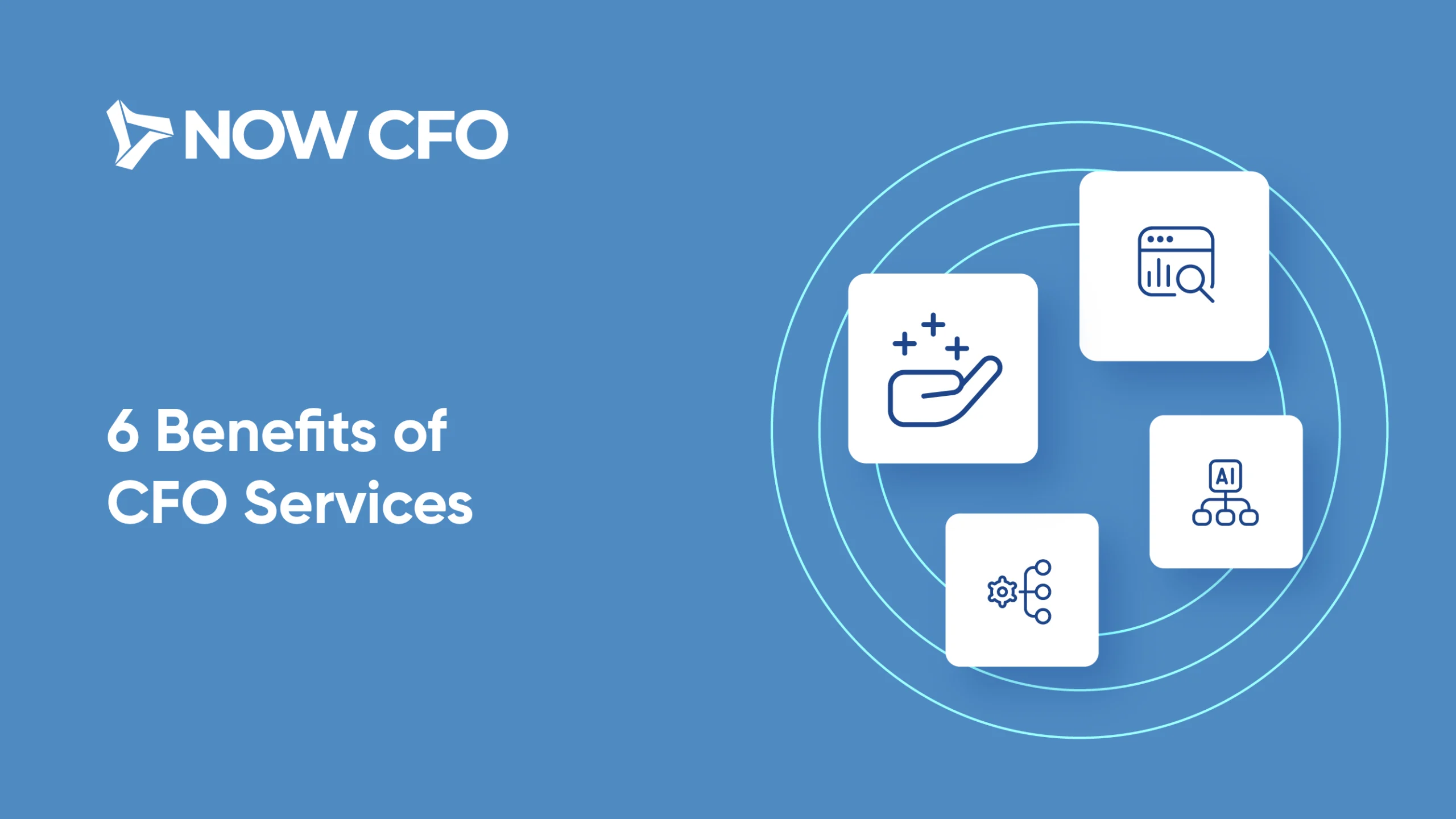
In many small and mid-sized businesses, the business owner is tasked with taking care of the finances. This is in addition to everything else they are taking care of in the company. When it is time to pass the torch to a financial professional, they are then faced with a dilemma. Can they afford to hire someone full time? Would an outsourced accounting firm be better? Here are some tips and tricks for how to choose the right accountant for you and your business.
Hiring a Firm vs. In-House
Whether your business should hire an outsourced accounting firm or a full time in-house accountant depends on your company’s needs.
Here are a few examples of questions you and your company should be asking when choosing between an outsourced accounting firm and a full time hire.
-
Do you have enough accounting and finance work to justify a full time hire?
If the answer to this question is no, then you may want to consider hiring an outsourced accountant on a part time or fractional basis through a consulting firm.
-
Is the work available primarily simple, recurring work like bookkeeping and payroll?
If you answered yes to this question, you should hire an outsourced accountant. An accounting consulting firm’s staff are experts in recurring tasks like payroll and bookkeeping. Often, the firm will even offer discounts on popular cloud-based bookkeeping software.
-
Can your business afford the cost of a full time in-house accountant?
If the answer here is no, hiring an outsourced accounting firm is your company’s best option. They will work with you to tailor a plan specifically to your business’ needs and budget. That way, you get all the accounting help you need without paying the price of a full time employee.
When Do You Need an Accountant?
Many small businesses do not have the amount of accounting work nor the resources to justify a full time hire. There are a few triggers that indicate you should consider hiring someone. Whether in-house or outsourced. These include the following:
- Account maintenance and daily transactions
- General bookkeeping
- Cost accounting
- Bank reconciliations
- Payroll
Whether or not your company has a need for someone in-house to complete these tasks will generally depend on the size of your company. It will also depend on the volume of its transactions.
In contrast, here are the triggers for hiring someone from an outsourced accounting firm rather than pursuing a full time or part time hire:
- Tax preparation
- Financial statement preparation
- Financial analysis or consulting
These tasks do not recur as often. It would not be profitable for a company to hire an in-house accountant to complete them.
Write Out the Requirements
When determining whether to hire an accountant, consider the qualifications you would prefer your accountant have. These may include things like:
-
Certifications
Consider the amount of education you should require from your accountant. Does the work you need done require a CPA certification? Will an accounting degree and a few years of experience suffice? Do you need only an experienced bookkeeper with negotiable educational experience? Keep in mind that hiring someone with a higher level of education for your vacant in-house position will cost the company more money.
-
Industry experience and expertise
Keep an eye out for accountants with experience in your industry or a similar one. Generally, outsourced accounting firms will maintain accountants with experience in a variety of industries on their staff. They can match you to an accountant with the right experience and expertise for your business without the cost of a long-term candidate search.
-
Overall experience
If you are seeking to hire an in-house accounting professional, look for someone with accounting and finance experience in your company’s size range and other categories. For example, if your company is public, look for someone with accounting experience in the public sector. If your company is a smaller business with fewer than 50 employees, look for someone with accounting experience in a similarly sized small business. These people will often match your company’s needs the best.
-
Software experience
It is typically best practice to look for a candidate that has experience using the same accounting software or other software that your company has been using. This guarantees that the transition will be close to seamless when your accountant joins your team. Often, accountants at outsourced consulting firms will have experience in most of the major accounting software.
-
Task complexity
Consider what services you need your accounting and finance professional to provide. If you are seeking to hire an outsourced accounting firm, determine whether you just need someone to complete your recurring accounting tasks, or if you also need someone to help you with business planning and other consulting services. If you need help with your tax filing, you will need someone with a CPA and other tax experience. In contrast, if you need assistance with completing payroll, you likely do not need a CPA.
Write out the job requirements for the level of professional you need. Include the level and type of experience you would prefer and the education you are requiring. Then you can walk into a meeting with your outsourced accounting firm knowing exactly what you need. You can fill out a job description that will attract the right candidate for your in-house vacancy.
Ask for Referrals
If you are not sure which route to take when hiring an accountant, consider asking your industry peers how they are filling their accounting needs. Have they hired an accountant? Do they feel that was the right move for them? What kind of things did they ask for in their job posting? Did they hire someone from a firm? Can they make a recommendation or connect you with someone at the firm they are using?
Asking for referrals or even horror stories is a great way to then make the decision between a full time hire and an outsourced accountant.














